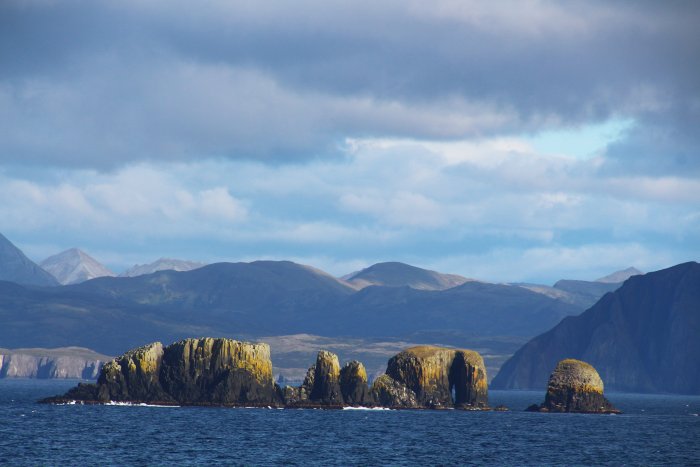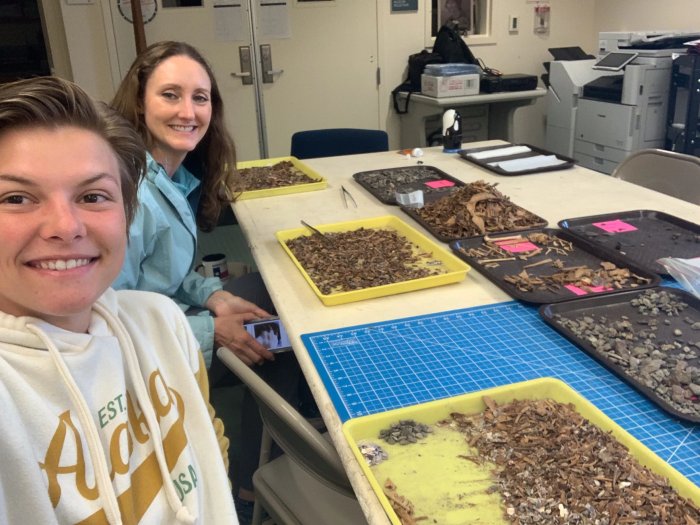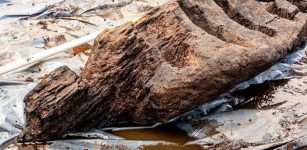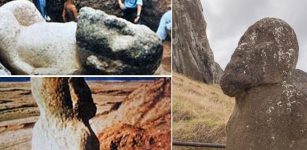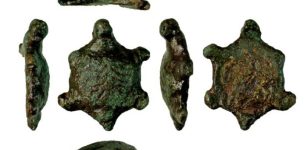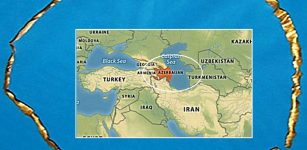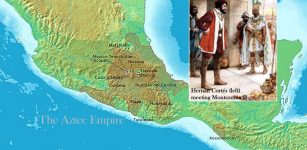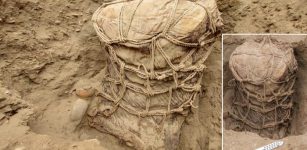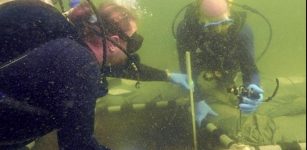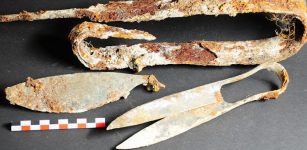Mystery Of The Ancient Bear Bones In The Aleutian Islands, Alaska
Jan Bartek - AncientPages.com - Scientists are puzzled by 5,000-year-old bear bones found on the Unalaska and Amaknak Islands in the Aleutians, Alaska.
The ancient bones have been a decades-old mystery due to the fact that bears have never lived on those islands.
According to carbon dating, the polar bear bones are about 5,500 years old and the brown bear bones are about 3,000 to 5,500 years old.
Alaska, Coast of Unga Island-Aleutian Islands, United States. Credit: Adobe Stock - bummi100
Scientists have made a new attempt to unravel how and why ancient bear bones ended up on these islands.
"Lilly Parker and Kaylee Tatum, researchers from the University of Oklahoma, spent two weeks in Unalaska this summer. They shared their research findings with the community and asked for any information about bears that was passed down through generations. Tatum said Unangax̂ knowledge could help fill in the gaps left by scientific data.
“Anything is helpful,” Tatum said. “Whether it's a story that you heard around the campfire as a kid and you barely remember it … I still care. I still want to hear that.”
Parker said the bones were found at two different midden sites, which are historical dump sites used by Unangax^ people thousands of years ago.
“They were just kind of in a jumble, in a mix of other remains,” Parker said. “There were around 23,000 animal bones found at the sites.”
Parker and Tatum spoke to many Unangax elders about the mystery of the bear bones during their two-week stay in Unalaska.
Lilly Parker and Kaylee Tatum at the Museum of the Aleutians helping sort fish, mammal, and bird remains from an archeological midden site in Unalaska. Credit: Lilly Parker
While the elders were largely unsure of how the bones got there, one story suggested that people thousands of years ago may have transported bear meat by sea from the neighboring island of Unimak, which has a population of bears. Oral tradition has been passed down that says locals may have eaten bear when other food was scarce, such as during a particularly long and cold winter," KUCB reports.
Parker and Tatum will continue trying to solve this ancient mystery. Next year, they will return to Unalaska and present a scientific follow-up of the data gathered until now. They will also "look for genetic clues, including a link between the bear bones found on Unalaska and Amaknak Islands and the bears on Unimak.
If they find a connection, it could solve the mystery of how the bear bones ended up on islands where bears were not previously known to live."
Written by Jan Bartek - AncientPages.com Staff Writer

